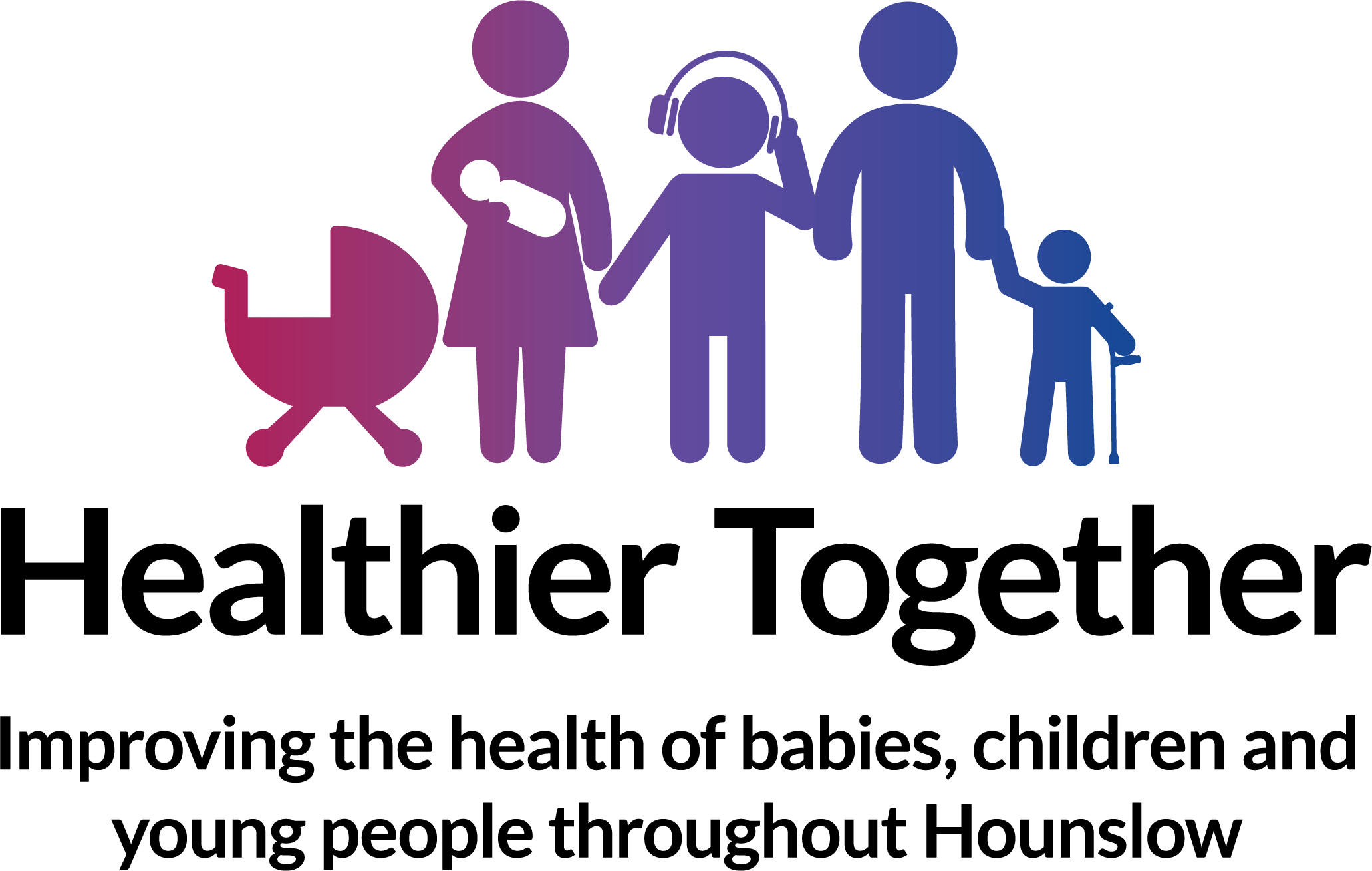Coughs and colds are extremely common in young children. Over the first few years of life, your child might have these every month.
- Coughing is the body's natural way of clearing infection
- Most of these are likely to be caused by a virus, which means that antibiotics don’t help. Antibiotics might cause side effects such as rash and diarrhoea, or increase the risk of developing antibiotic resistance.
- Having green snot or a noisy chest does not mean that your child has an infection needing antibiotics
- Coughing can wake a child in the night but does not mean the illness is more severe


